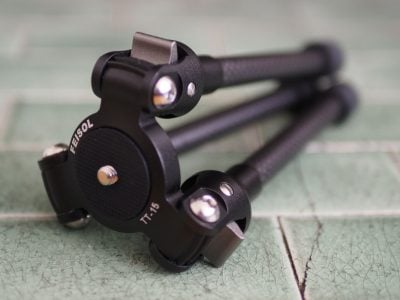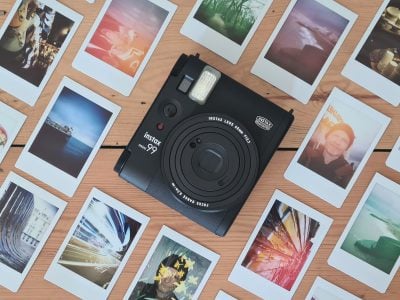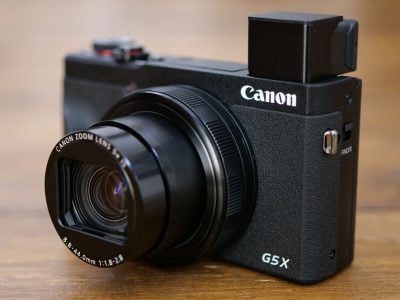Sony Alpha DSLR-A700 final production review
-
-
Written by Gordon Laing
Sony Alpha DSLR-A700 anti-shake
Sony Alpha DSLR-A700 features : Lenses and viewfinder / Screen and menus / Sensor and processing / Anti dust / Anti shake
Sony Alpha DSLR-A700 features
Lenses and viewfinder / Screen and menus / Sensor and processing / Anti dust / Anti shake
The Sony Alpha A700 features built-in stabilisation which works with any lens you attach. Sony claims this Super SteadyShot system has been improved over the A100, and now offers 2.5 to 4 stops of compensation – that’s half a stop more than the A100, which itself claimed half a stop more than the Konica Minolta 5D it was based on. Super SteadyShot is activated using a switch on the back of the A700.
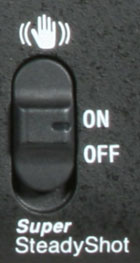 |
To put this to the test, we fitted our A700 sample with the Sony 16-80mm lens and zoomed-it all the way in to an equivalent of 120mm. We then took a series of photos of a distant building at progressively slower shutter speeds, starting at 1/250 and reducing one stop at a time down to 1/8. The first series was taken without Super SteadyShot, and then repeated with Super SteadyShot switched on.
Traditional photographic advice would recommend a shutter speed of at least 1/120 to eliminate camera shake, and indeed without Super SteadyShot enabled, we required a shutter speed of 1/125 to achieve a perfectly sharp result.
With Super SteadyShot enabled though, we managed to grab an almost equally sharp image at just 1/15 – a three stop advantage.
That’s a good result for the A700 at the given focal length, and below we have crops reproduced at 100% showing the same exposure of 1/15 with and without Super SteadyShot activated.
Sony Alpha DSLR-A700 Super SteadyShot OFF |
Sony Alpha DSLR-A700 Super SteadyShot ON | |
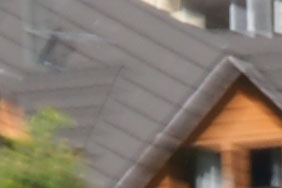 |
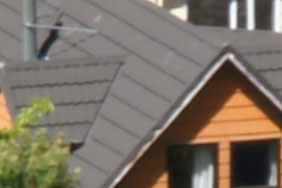 | |
100% crop, 80mm (120mm equiv), 1/15, f25, 100 ISO |
100% crop, 80mm (120mm equiv), 1/15, f25, 100 ISO |
While the A700’s Super SteadyShot clearly proved effective – at least at the focal lengths tested – like all sensor-shift DSLR systems, you won’t see the effect through the optical viewfinder. And without Live View, you won’t see it on the screen either. So once you start using longer focal lengths with the A700, you’ll notice greater wobbling through the viewfinder, making it much harder to accurately frame your shot compared to lens-based stabilisation systems.
